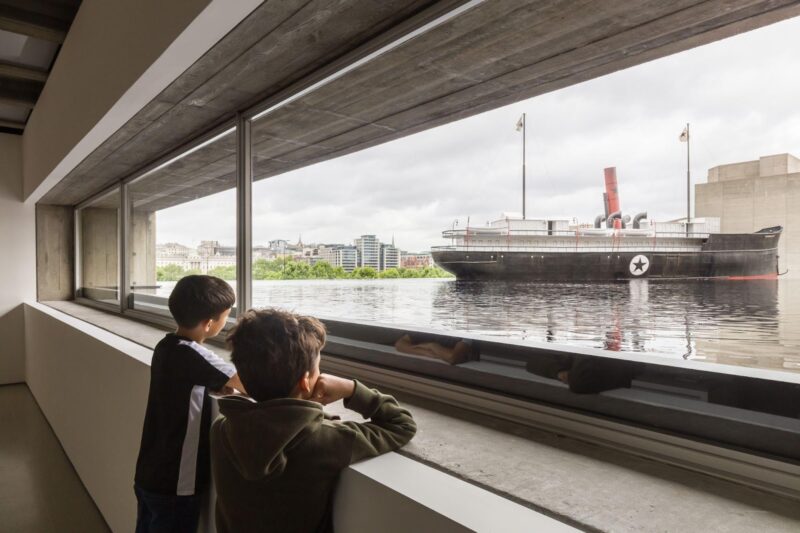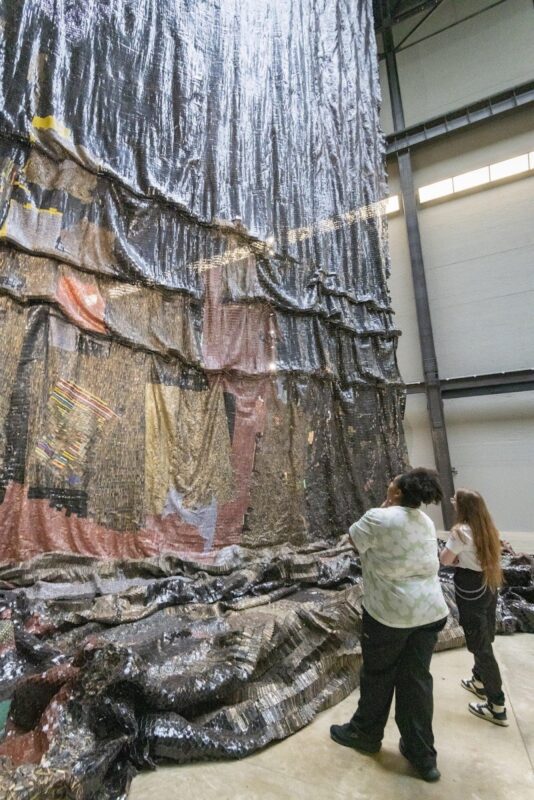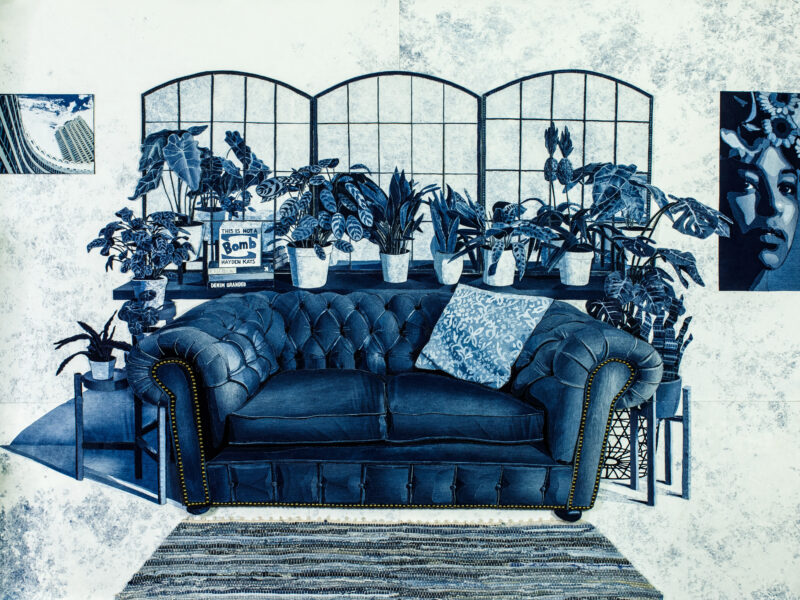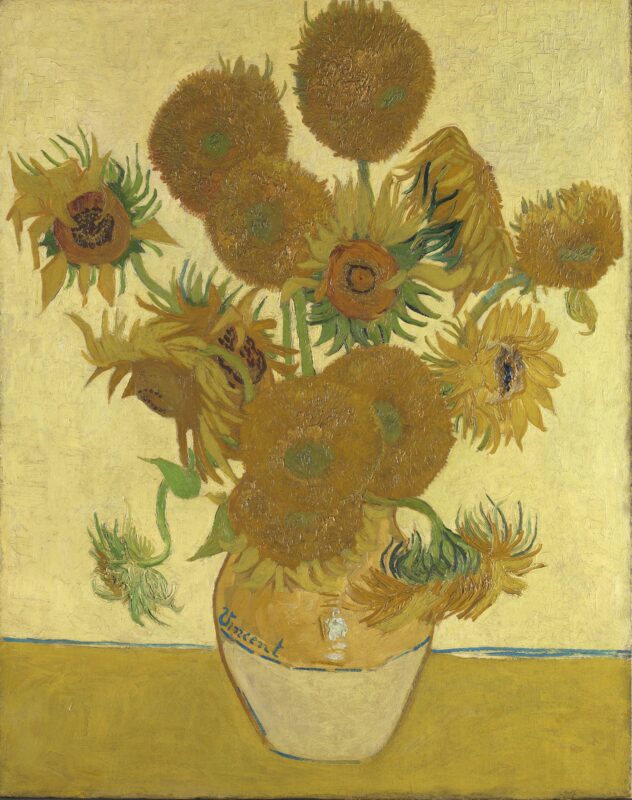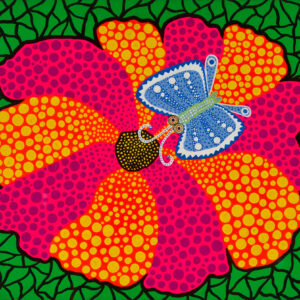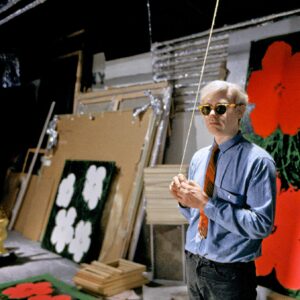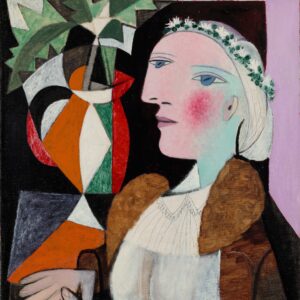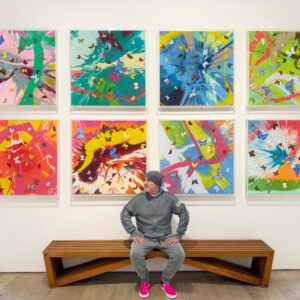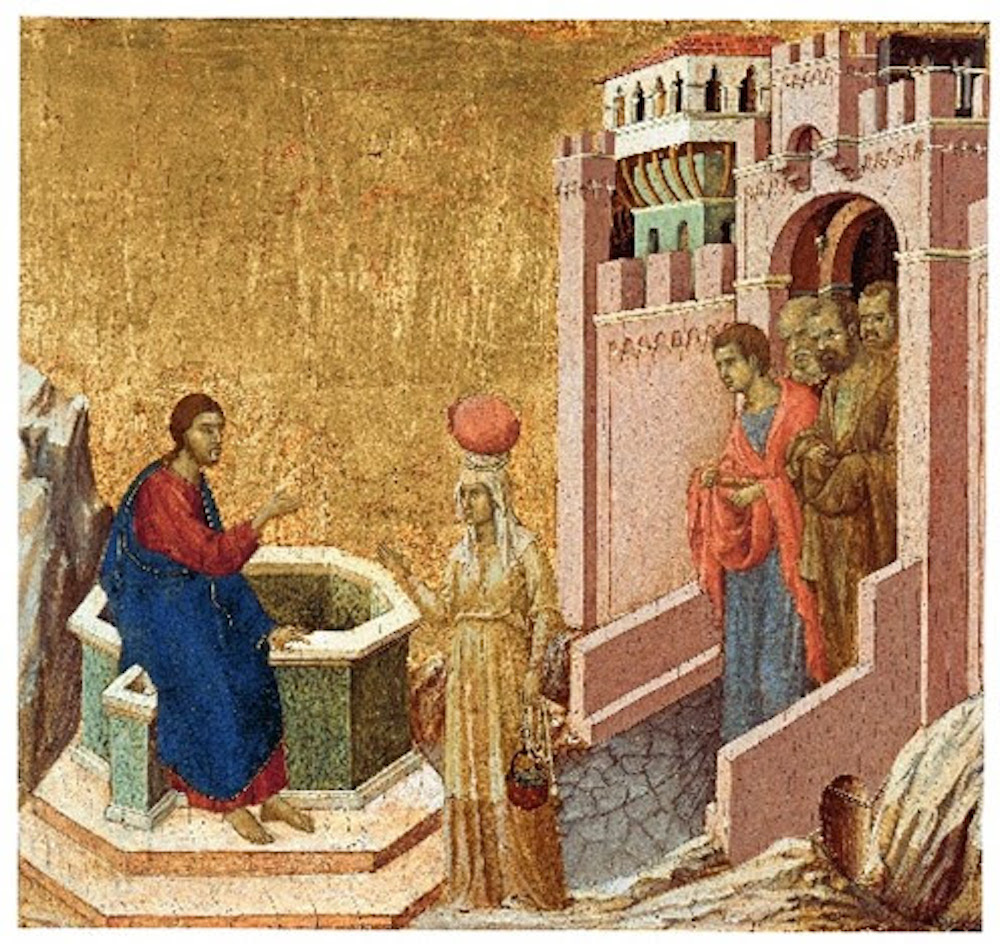
Paintings by some of the greatest Italian artists of the 14th century will be reunited at the National Gallery in 2025 – having been dispersed throughout the world for centuries as part of NG200: 200 years of the National Gallery.
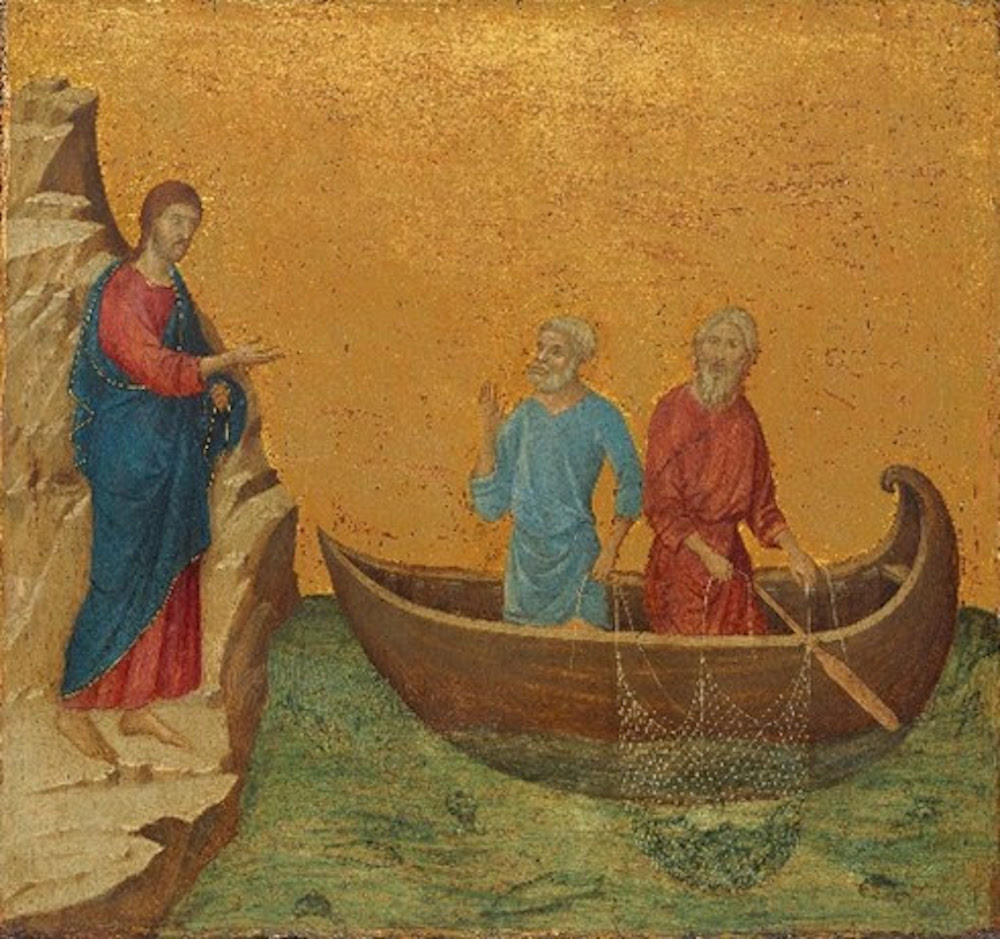
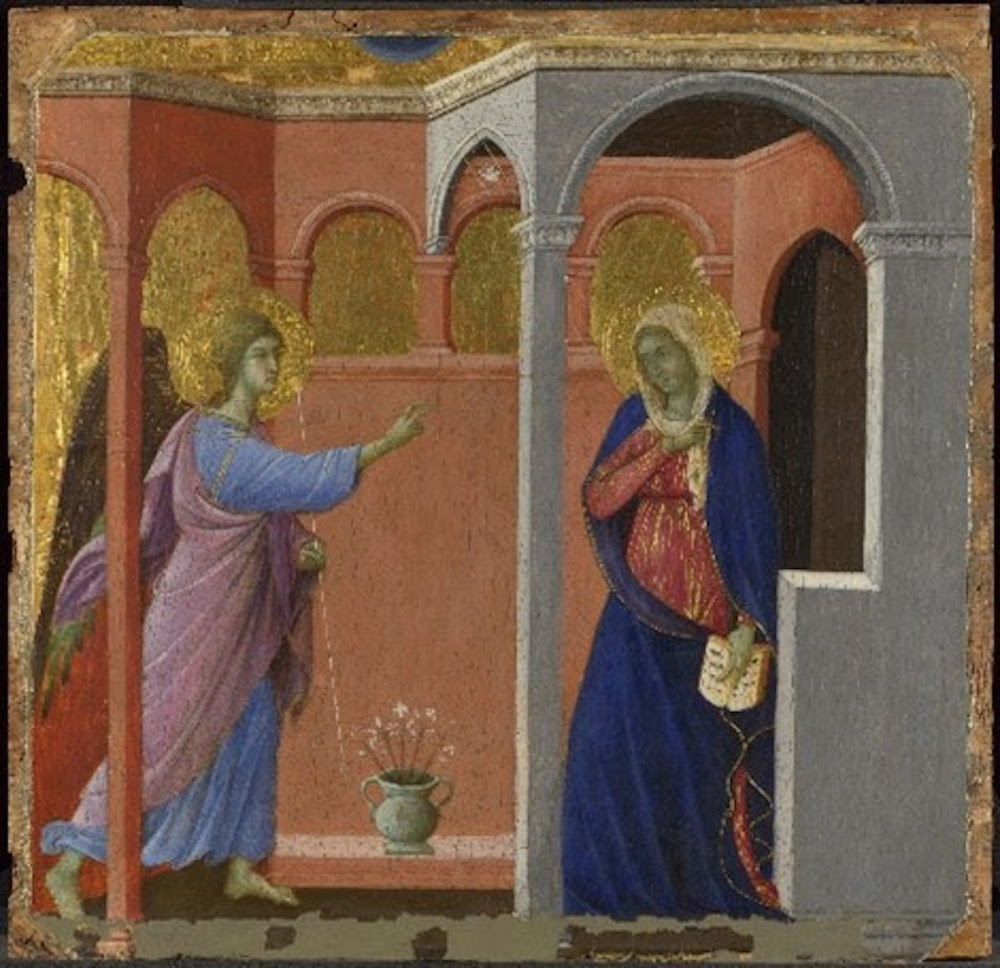
Some of the most innovative works in the Western painting tradition, many of which were part of larger ensembles before they were separated, are being brought back together. These influential and precious paintings, many in gold ground, will be among the highlights of a rarely staged exhibition of art of the first half of the 14th century.
Siena: The Rise of Painting 1300?1350, which marks the 200th anniversary of the National Gallery and celebrates the earliest pictures in its collection, will open in spring 2025.
The exhibition of approximately a hundred works will explore the evolving status of painting among the arts of Europe and show the central role that Sienese artists played in this story, at home, in other Italian centres, and in the cities and courts of Europe.
The exhibition will bring together several surviving panels from the monumental double-sided altarpiece known as the Maestà, painted by Sienese artist Duccio di Buoninsegna (active 1278, died 1319) for the city’s cathedral. This is the first double-sided altarpiece in Western painting, and marks a fundamental shift in narrative art. This remarkably complex work was dismantled in the 18th century. The National Gallery’s own three panels from the Maestà, will be reunited with other paintings from this ensemble detailing episodes from Christ’s life. These include Christ and the Woman of Samaria from the Museo Thyssen-Bornemisza, Madrid and The Calling of the Apostles Peter and Andrew from the National Gallery of Art, Washington DC.
Another reunion will be the Orsini Polyptych by Sienese artist Simone Martini (1284?1344). This is a folding work of art made for private devotion, probably for Cardinal Napoleone Orsini, who belonged to one of the most influential princely families of medieval and Renaissance Italy. Today it is divided between the Louvre, Paris, the Royal Museum of Fine Arts, Antwerp and the Gemäldegalerie, Berlin. All six panels – Christ Bearing the Cross, Crucifixion, Descent from the Cross and Entombment (depicted on the front of the folding panting); and The Archangel Gabriel and The Virgin of the Annunciation (seen on the reverse), will be brought together for the National Gallery’s exhibition.
Other reunions include two triptychs by Duccio – The Virgin and Child with Saint Dominic and Saint Aurea, and Patriarchs and Prophets, (about 1312-15) from the National Gallery, London; and The Crucifixion; The Redeemer with Angels; Saint Nicholas; Saint Clement, (1311–18) from the Museum of Fine Arts, Boston. They seem to have been conceived as a pair for an individual, possibly Cardinal Niccolò da Prato, and they have matching decorations on their exterior wings.
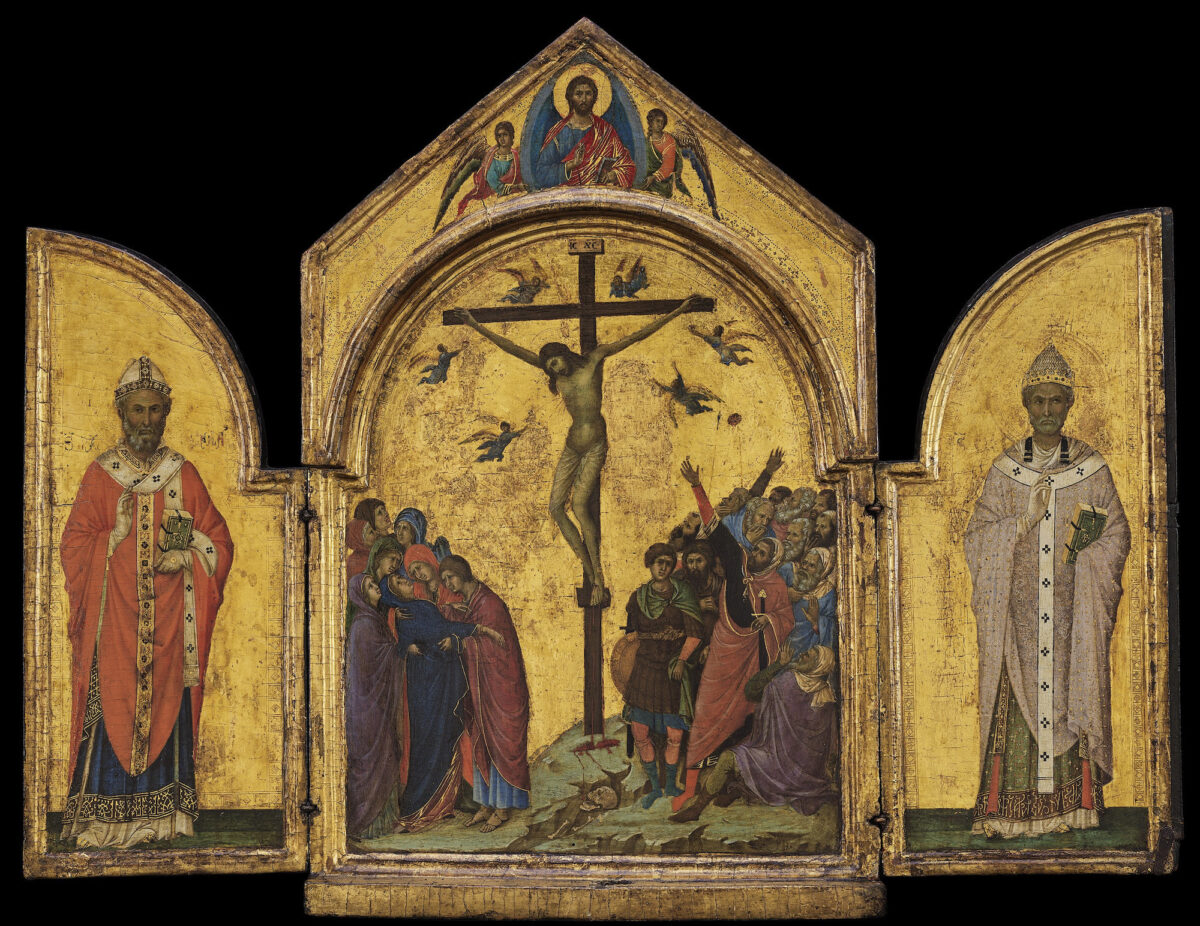
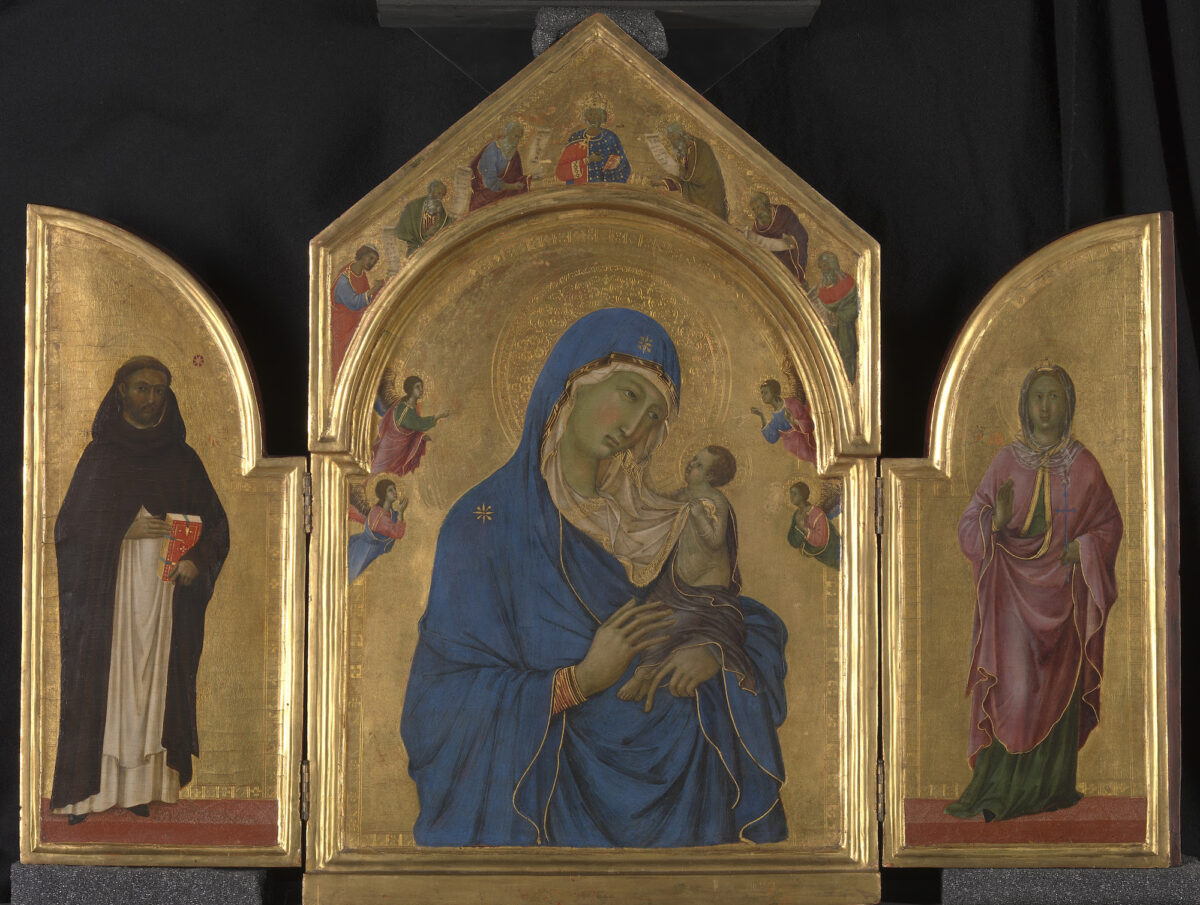
Siena: The Rise of Painting 1300/1350 will showcase remarkable developments in the art of painting not only through the works of Simone Martini and Duccio but also two other outstanding Sienese artists of the period, Pietro Lorenzetti (active possibly 1306; died probably 1348) and his brother Ambrogio Lorenzetti (active 1319; died 1348/9.) The works by these painters were characterised by supreme assurance and technical skill and were often, at the same time, daringly innovative and emotionally powerful.
In addition to paintings by the four key artists, Sienese works in a variety of media (metalwork, enamel, gilded glass, wood, marble, and manuscript illumination) and a selection of works from other countries and cultures (ivories, enamels, illuminated manuscripts, rugs, silks) are introduced throughout the exhibition to illuminate connections between the paintings of the four artists and the works of their contemporaries.
The exhibition will show the radical experimentation by painters in conceiving new types of objects, such as large multi-tiered altarpieces and personal devotional works in a variety of forms. Several pivotal examples will be reunited in the exhibition for the first time since their dispersal long ago.
Exploring the evolution of an art that was distinctively local and at the same time unquestionably international, the exhibition will trace the impact and afterlife of Sienese art as far afield as France, England and Bohemia.
Curated by Dr Laura Llewellyn, Curator of Italian Paintings before 1500 at the National Gallery, London; Dr Caroline Campbell, Director of the National Gallery of Ireland; Stephan Wolohojian, John Pope-Hennessy Curator in Charge of European Paintings at The Metropolitan Museum of Art, New York; and in collaboration with Professor Joanna Cannon of the Courtauld Institute of Art.
Siena: The Rise of Painting 1300-1350, 8th March – 22nd June 2025 The National Gallery
Siena: The Rise of Painting 1300-1350 is part of NG200: 200 years of the National Gallery. From 10 May 2024, the 200th anniversary of the Gallery’s foundation, a year-long festival of art, creativity and imagination will take place across the UK, and around the world, and at our home in London. This will lead us into our third century of bringing people and paintings together. For more information go to: nationalgallery.org.uk/ng200-programme
Prior to the National Gallery, Siena: The Rise of Painting 1300/1350 will be at The Metropolitan Museum of Art, New York, from 13th October 2024 – 26th January 2025.
